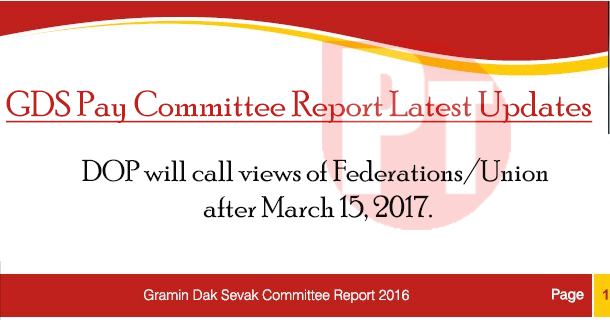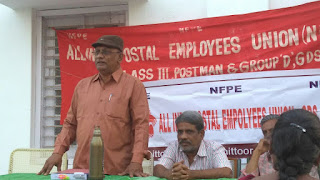Sovereign Gold Bonds is Back.! Series-IV For Financial Year : 2016-17
Gold is likely to glitter again for retail investors this March.
Sovereign Gold Bonds Series-IV For Financial Year : 2016-17
The Government of India (GoI), in consultation with the Reserve Bank of India (RBI), has decided to issue sovereign gold bonds Series-IV for 2016-17.
Applications for the bond issue will be accepted from Monday, February 27, till Friday, March 03, 2017.
The bonds will be issued on March 17, 2017.
The gold monetisation scheme launched by Prime Minister Narendra Modi way back in November 2015 was aimed to lure tonnes of the precious metal from Indian households into the banking system.
The scheme is aimed at unlocking 20,000 tonnes of the precious metal lying idle in households and temples, whose worth is estimated at around $800 billion.
These bonds will carry sovereign guarantee, both on the capital invested and the interest and can be used as collateral for loans.
The sovereign gold bonds will be sold through banks, Stock Holding Corporation of India (SHCIL), designated post offices and the National Stock Exchange of India and the Bombay Stock Exchange, which would allow early exit.
The issue price of the gold bonds will be Rs 50 per gram less than the nominal value. Global gold prices started 2017 on a positive note with prices rising around 5 per cent since the start of the year on concerns over President Donald Trump’s protectionist policies, rising global uncertainty and US Fed rate hike.
“Sovereign gold bonds offer a good alternative to take exposure to gold as it offers additional interest. There are no annual recurring expenses compared with gold ETFs (expense ratio in ETF is 1%) and no storage hassles like those involved in physical gold holding,” ICICI Securities said in a note.
What makes it attractive from a taxation point of view is the fact that in the Union Budget 2016-17, any capital gains arising out of redemption of sovereign gold bonds is tax exempt.
“If these bonds are sold in the secondary market before maturity, capital gains arising out of such transactions will be taxed at 20% with indexation, if sold on or after three years, or would be subject to marginal tax rate if sold before three years,” said the ICICI Securities note.
Source : economictimes.indiatimes.comKAMALESH CHANDRA COMMITTEE A NOTABLE CHANGE
Gramin Dak Sevaks Committee chairman Sri Kamalesh Chandra has submitted its report to the Secretary, Postal Board on 24th November 2016. Due to the series of agitational programmes of AIGDSU like Dharna’s at all levels the department published the GDS committee report on 19thJanuary 2017. AIGDSU issued indefinite strike notice also demanding early publication of GDS Committee Report.
There is no exaggeration to say that more than 80% suggestions of AIGDSU memorandum has been taken into consideration. The committee has not attempted to analyse the justification of GDS demand for grant of Civil Servant Status of the GDS stating that the matter is presently subjudice and hence left to the out come of the court case.
The committee firmly noted that the future survival of the Postal Department will largely depend on the successful management of the GDS system. If the department neglects the GDS system, it would be difficult for the department to survive.
The main demand of AIGDSU grant of 8 hours work to GDS post offices is diluted. AIGDSU opined that nobody except AIGDSU demand 8 hours work is one of the reasons to dilute this demand. Grant of pension to GDS is also kept into dark. AIGDSU has written a letter to the Secretary, Department of posts on 7-02-2017 alongwith the principle CAT bench, New Delhi judgememt regarding grant of Pension to GDS.
AIGDSU is going to take chapter wise discussions of the recommendations at length in the CWC held at Karur. Tamil Nadu Circle from 26-02-2017 to 27-02-2017. AIGDSU wish to submit a detailed memorandum to the department demanding immediate implementation of the favourable recommendations. AIGDSU would like to suggest necessary modifications and changes.
In case the government refuse to implement or dilute the favouralbe recommendations, there is no doubt that AIGDSU will start serious trade union action including indefinite strike.
It is known fact that the favourable recommendations of the GDS committee is a product of AIGDSU uncompromised struggles. Let all the GDS irrespective of unions unitedly fight and shall not rest till civll servant status to GDS achieved.




























































